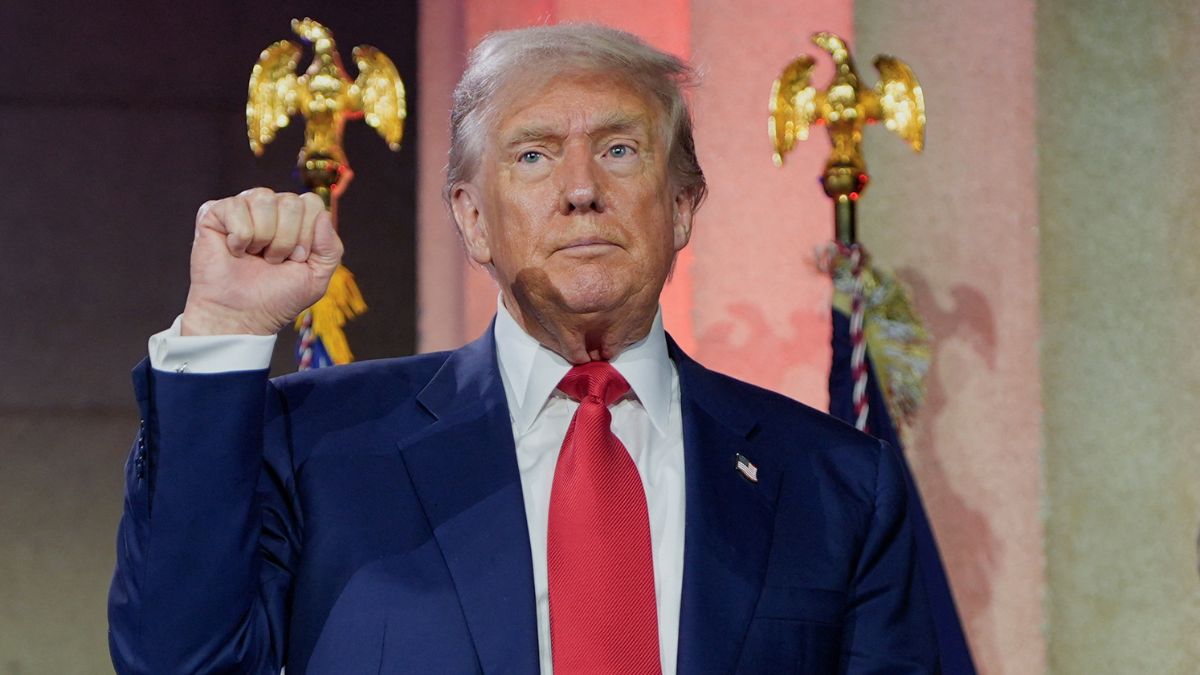In a sweeping review of internal records tied to sex offender Jeffrey Epstein, the Federal Bureau of Investigation (FBI) redacted the names of President Donald Trump and other high-profile individuals, according to a recent Bloomberg report.
This large-scale effort, conducted earlier this year, involved nearly 1,000 agents who were tasked with sifting through over 100,000 pages of documents in March.
Sources cited by Bloomberg revealed that agents were specifically instructed to flag any references to Trump, with his name ultimately blacked out to prevent what the FBI described as an “unwarranted invasion of privacy.”
The directive came as part of a broader reassessment of Epstein-related files led by the Justice Department.
The review concluded that there was no evidence of criminal activity involving Trump.
However, the decision to redact his name has sparked debate, particularly among Trump’s MAGA supporters, who have been vocal about their demands for the release of the remaining Epstein files.
Both the president and senior White House officials have resisted these calls, arguing that further disclosures are unnecessary and expressing a desire to move on from the issue.
The controversy traces back to February, when the White House distributed binders filled with mostly public Epstein-related materials to far-right influencers, framing it as part of a transparency initiative.
Impact Shorts
More ShortsAt the time, US Attorney General Pam Bondi described the release as the “first phase” of making documents public, adding that additional files, including the highly speculated client list, were “sitting on my desk,” as she told Fox News.
However, frustration over delays in accessing requested files prompted Bondi to push the FBI to reassign hundreds of agents to the case. This led to the intensive March effort, where agents worked around-the-clock shifts to prepare documents for potential public release, with a specific focus on flagging Trump’s name.
According to Bloomberg, the review uncovered “numerous references to Trump” alongside mentions of other prominent figures.
Before any potential public disclosure, Freedom of Information Act (FOIA) officers processed the flagged documents, applying redactions under exemptions designed to protect personal privacy. Trump’s name was withheld because he was a private citizen during the initial Epstein investigation in 2006. Investigators cited FOIA provisions that guard against releasing information that could constitute an “unwarranted invasion of personal privacy.”
In May, during a Justice Department briefing, Bondi informed Trump that his name appeared multiple times in the Epstein files, according to a Wall Street Journal (WSJ) report. She also noted that other high-profile individuals were mentioned, but clarified that no so-called “client list” had been uncovered. The White House initially dismissed the WSJ report as “fake news,” but an unnamed official later confirmed to Reuters that Trump’s name did appear in some files, though it did not suggest any wrongdoing.
By July, the administration shifted its stance, stating that “no further disclosure would be appropriate or warranted.” The Justice Department pointed to a lack of new findings and ongoing privacy concerns as reasons to halt additional releases.


)

)
)
)
)
)
)
)
)



